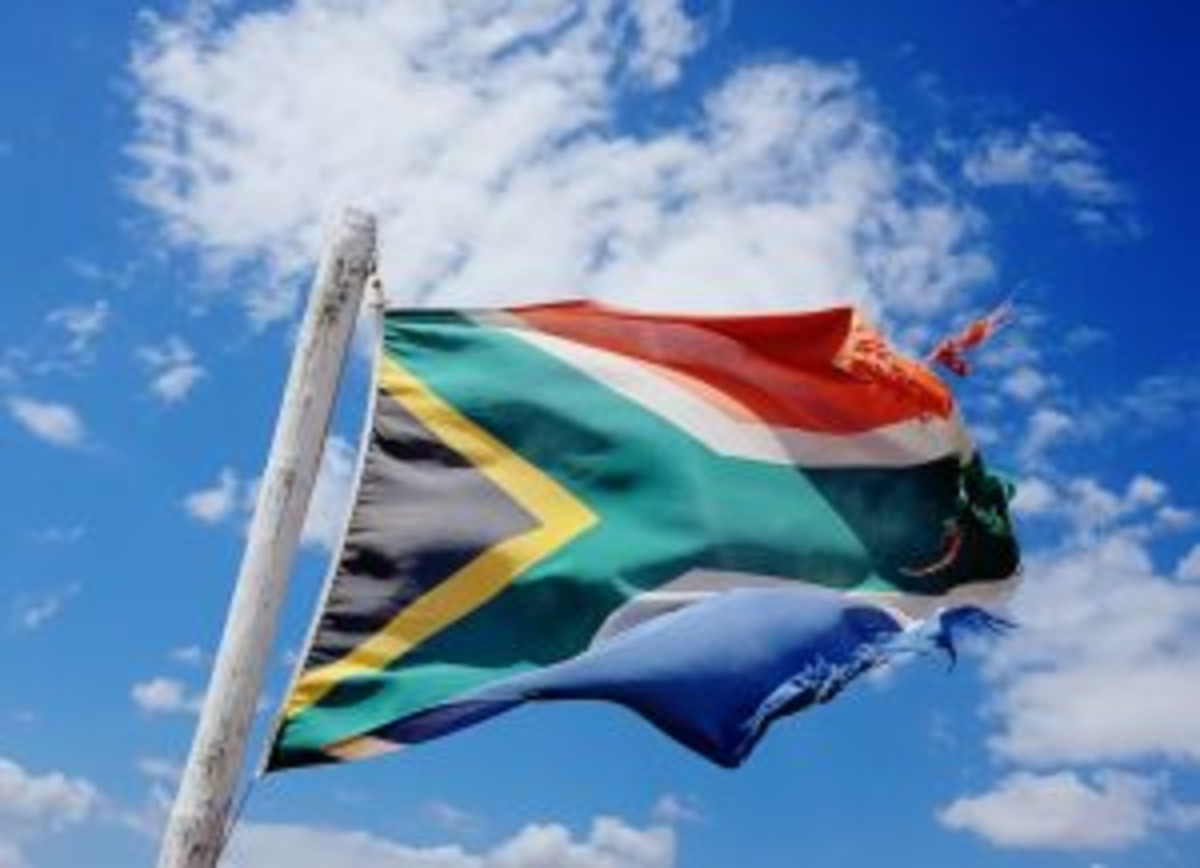
Move to change South Africa’s name gains traction
The African Transformation Movement has revealed its intention to officially submit a proposal to Parliament to change South Africa’s current name.

The African Transformation Movement (ATM) plans to formally submit a proposal to Parliament to change South Africa’s official name to the Republic of Azania, reigniting a decades-old debate over national identity and the country’s colonial legacy.
ATM leader Vuyo Zungula argues that the name South Africa is a colonial relic that does not reflect the indigenous heritage of the nation’s people.
‘Decolonise the state’
Speaking in parliament this week, Zungula argued that the name originated with the British and Boer colonisers during the formation of the Union of South Africa in 1910, and should be replaced as part of a broader effort to decolonise the state.
“Before 1652, we were not South Africans. The name was imposed upon us,” Zungula stated.
“We need to reclaim our identity, just like other formerly colonised nations have done.”
The proposal seeks to rename South Africa as the Republic of Azania, a name historically linked to several liberation movements during the apartheid era.
Zungula said the new name would represent a clean break from the past and restore dignity to the country’s indigenous people.
Mixed reaction
As expected, the proposal has drawn mixed reactions from political commentators and the public.
Some view it as a significant move toward decolonisation, while others reject it as unnecessary and driven by political motives.
Political analyst Kenneth Mokgatlhe criticised the proposal, stating that “South Africa” is a geographic name rather than a colonial one.
“Many countries use geographic descriptors – think South Sudan, Central African Republic, or North Macedonia,” he said.
“The name ‘Azania’ has no broad cultural or linguistic grounding among South Africans.”
He added that the term is mostly embraced by a narrow group of black radical thinkers, and lacks the widespread recognition necessary for a unifying national name.
Parliamentary process ahead
ATM and its allies intend to approach the Constitutional Review Committee to launch formal discussions on the proposed name change.
The change would likely require a constitutional amendment, which needs backing from two-thirds of Parliament and extensive public consultation.
Legal experts point out that renaming the country would have far-reaching administrative consequences, including changes to passports, government signage, legislation, currency, and international agreements.
